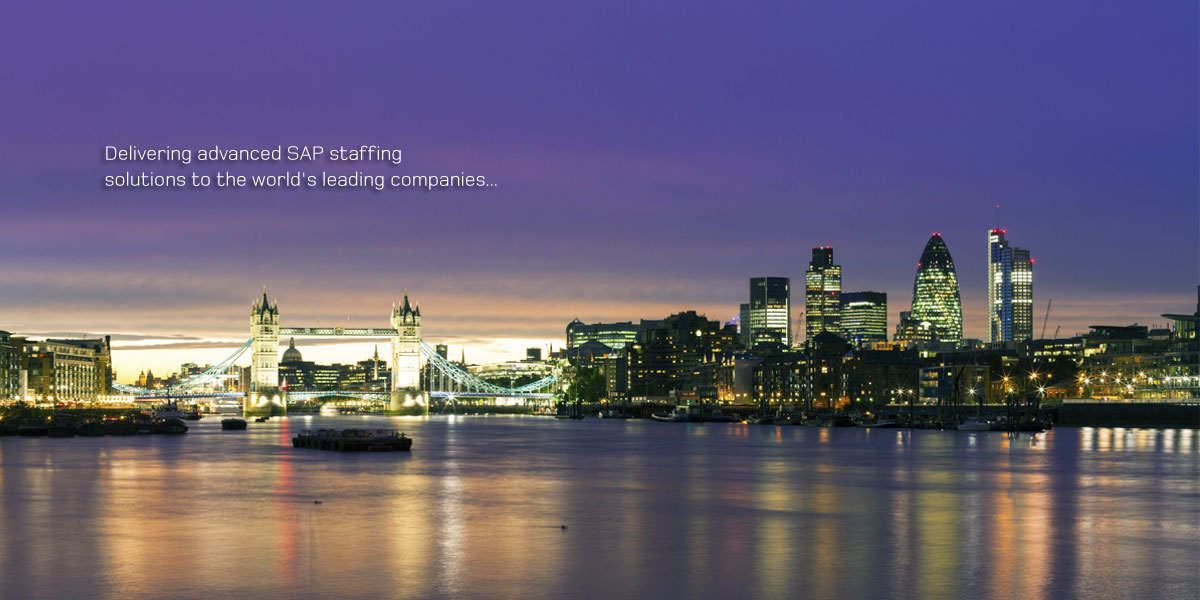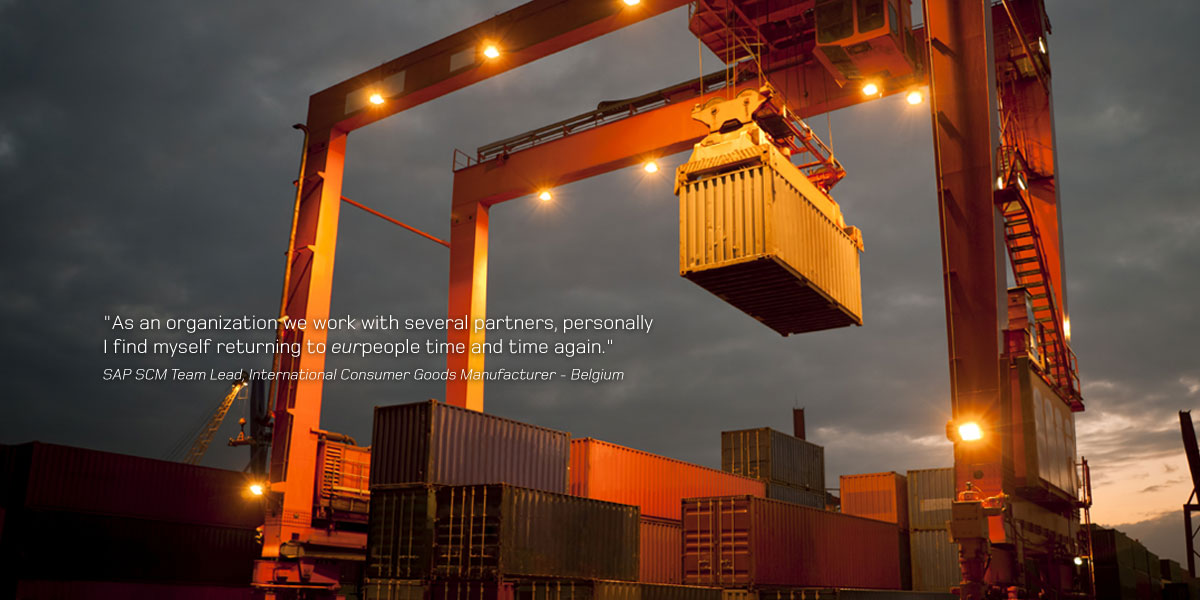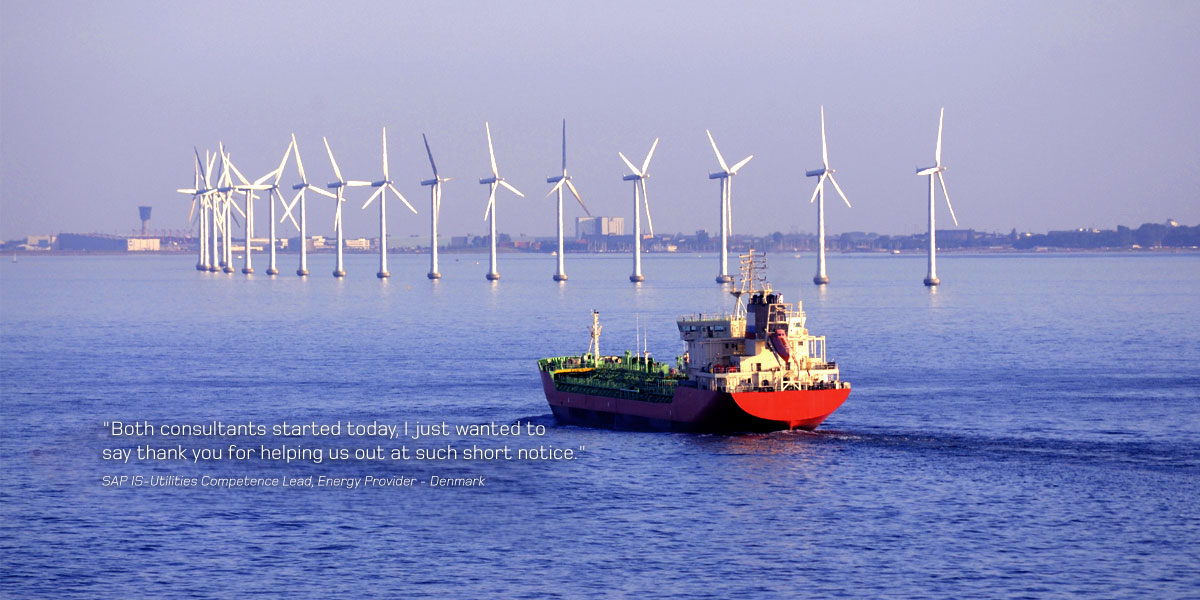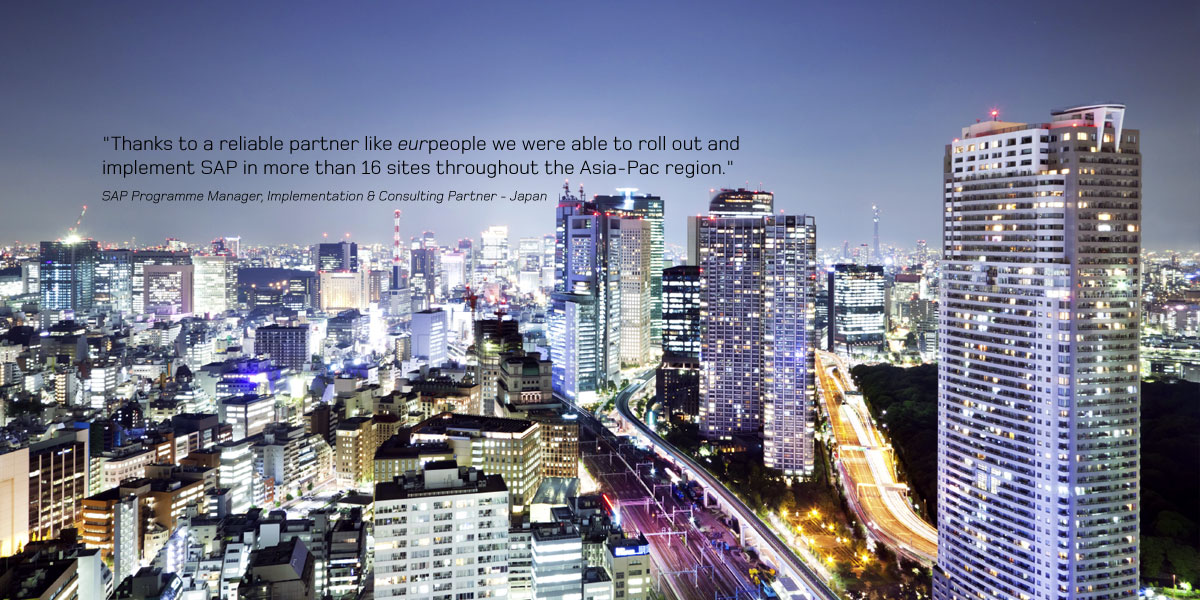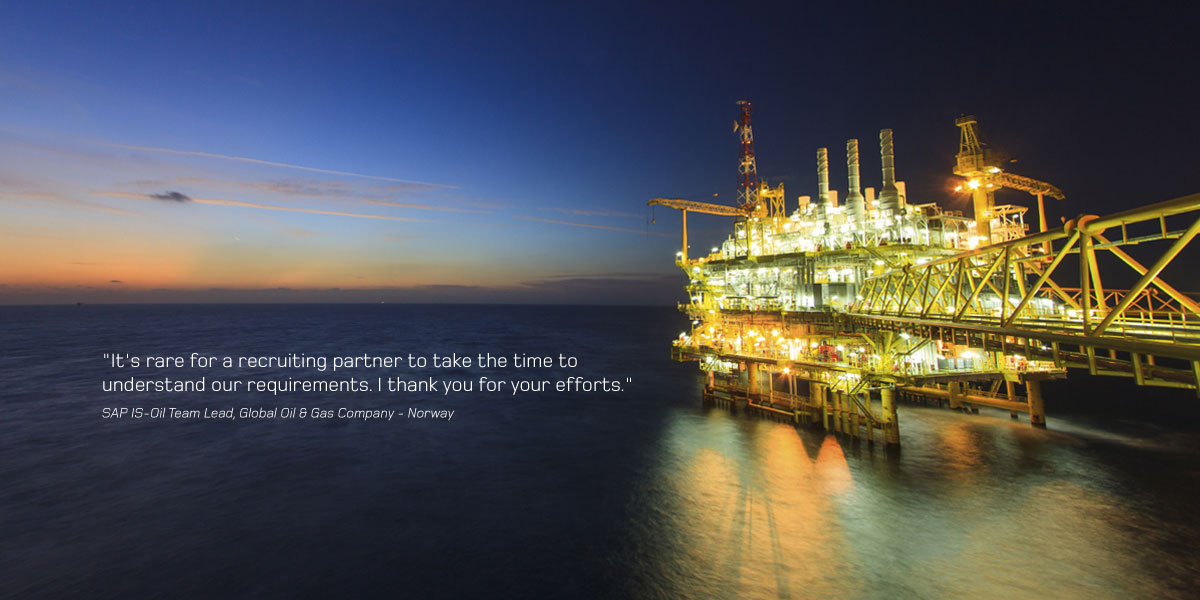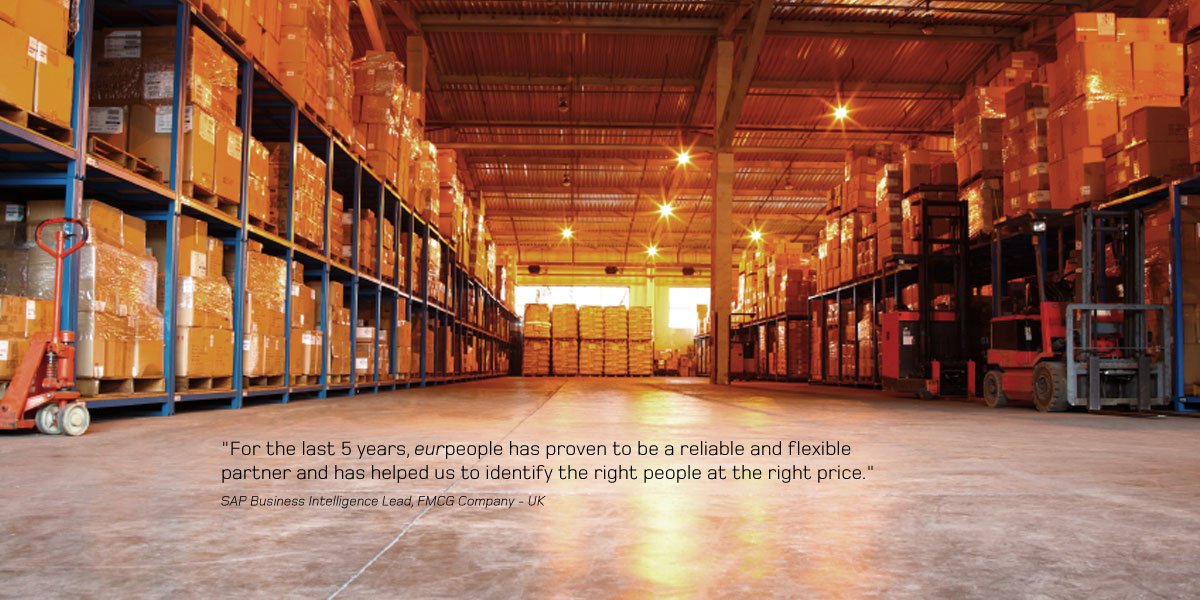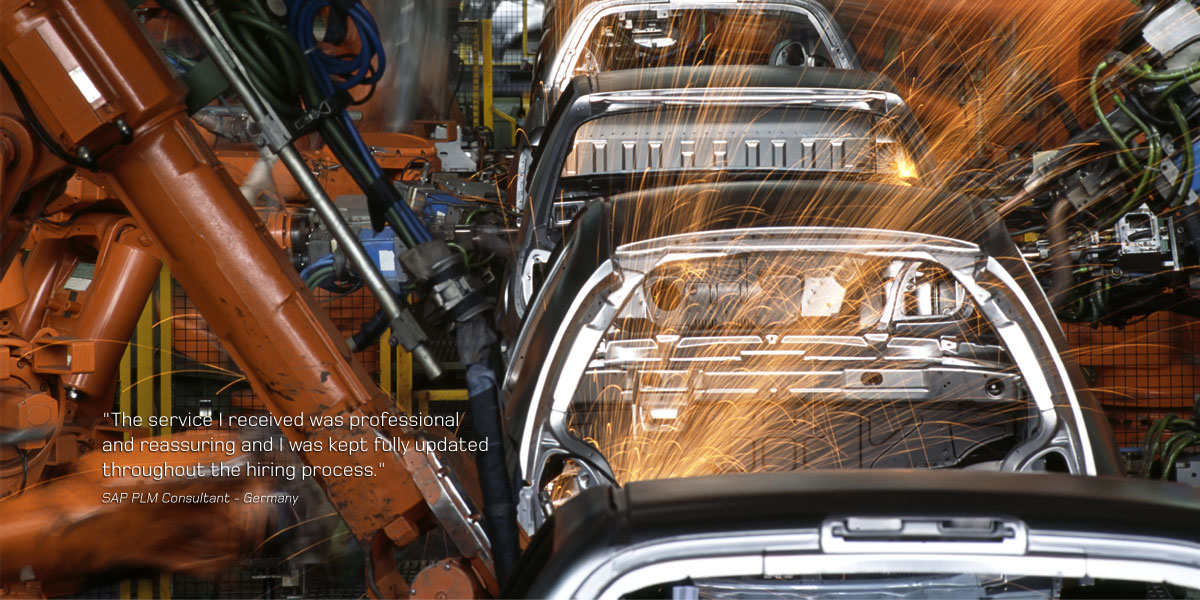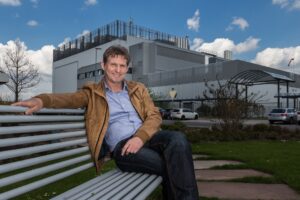SAP’s Longest Serving Employee Hangs up His Boots
Bernhard Diehm is SAP’s longest serving employee. The master of the mainframe, inventor of the user ID, and one of the founding fathers of the legendary SAP Cup looks back on 37 years of life at the company.
Bernhard Diehm is smiling broadly. When we meet, “his” soccer team, TSG Hoffenheim, has just beaten Eintracht Frankfurt and got some breathing space in the relegation battle. It’s no wonder that he feels attached to the club. In the early days, he could be found on the soccer pitch every Friday with SAP co-founder Dietmar Hopp, nowadays the owner of the Hoffenheim club.
Diehm is currently SAP’s longest serving employee. But only until the end of April, because then he’ll be leaving the company that he helped build after 37 years.
He can clearly remember his job interview on a Friday in 1978. Back then, the “EDP” scene was small, and the few employers in the sector were well known. But hardly anyone had heard of SAP. Hopp wanted to hire him right after the interview. “Can I think about it over the weekend?” Bernhard asked. But Hopp countered that someone else might have got the job by Monday. “So I accepted and signed a contract, which was about five lines long,” he recalls.
There were about 50 employees at the time, spread across four locations, because SAP didn’t yet have a building of its own – and didn’t have any computers of its own either. “We coded on punch cards. When Hasso Plattner or Klaus Tschira was there, they used the punch cards. We coded on paper first – and entered the code when the keypunch was free.” The team often worked through the night and on weekends when deadlines loomed. These were formative years for Bernhard: tackling tasks together, helping each other, less talk and more action. “We simply tried stuff out, without always knowing what would happen,” he says.
The founders had set the tone: They explicitly wanted empowered employees. Perhaps it was precisely this spirit that kept Bernhard loyal to SAP for so many years. He’s driven by contributing ideas and putting them into practice. And he sees mistakes as part of the process. In line with this conviction, he’d like today’s employees to have more freedom, as he used to have. He says people often feel they’re only allowed to work on their approved goals, and believes they should be relieved of this pressure. “It’s the task of managers to empower employees to act independently,” Bernhard says. “They should foster this and be role models.”
Looking Back, But Not with Nostalgia
In 1979, SAP was still using a computer on loan from Siemens, which had a 768 kilobit main memory and filled a whole room, Bernhard recalls. When SAP moved into its first own building in Max-Planck-Strasse in 1980, it got its own IBM computer. Right from the start, infrastructure was his specialism, and so he helped set up the data center for R/2 mainframe operations.
That was also the time when the Friday afternoon knockabouts on the soccer pitch grew into something more. In 1984, Bernhard organized the first SAP soccer tournament with Gerd Oswald and Rainer Kaiser. At one of the first tournaments, six players got injured. Dietmar Hopp was forced to temporarily cancel the annual event, but later changed his mind. Over the years, the SAP Cup developed and gained cult status.
Bernhard witnessed the switch from R/2 to R/3, from mainframe to client-server architecture. He always considered himself extremely fortunate to experience technological progress first-hand. He wanted to be the first to try out everything that was new. He says, “You always had problems with new technologies. But you had to stick at it until it worked. That always gave me a sense of achievement.”
This was the approach he adopted when he devised the D-user concept. When an eight-digit user ID had to be developed for a new session manager system in 1987/88, Bernhard came up with the idea of using the personnel number. It had to start with a character, so he used “D” for Germany, “I” for international, and “C” for customer. “It looks like the idea took off,” grins Bernhard, whose own D number starts with the famous sequence “007.”
He likes to think back to the old days, but nostalgia is alien to him. After all, he was always particularly fascinated by the changes that he experienced with the company. “That was the great thing about SAP. At another company, I might never have had the opportunity to get to know so many new things in such a short time, grapple with new technologies, and work with such a diverse range of people.”
“Master of the Mainframe”
SAP R/3 took SAP to the international arena and a new age dawned. The “master of the mainframe” – as Germany’s main tabloid called him a major article – was then charged with setting up the infrastructure for SAP R/3.
Bernhard traveled to the United States and Singapore, was responsible for connecting up the new international subsidiaries and standardizing the infrastructure, and headed up a team of around 200 people. He was also involved in the planning of the data center in Rot and of the adjacent building ROT15. When asked about his achievements, he has a natural tendency to describe them as team efforts. For Bernhard, a sense of togetherness and willingness to help across team boundaries count for more than personal success.
But the company’s growth brought with it the need for specialization. The previously straightforward decision-making processes became more complex. The small tight-knit team with the founders at the heart of it, the tackling of tasks together, and the working through the night for a common purpose – all these things were consigned to the past.
“My main goal was always to provide the best infrastructure, so that internal product development could work optimally,” Bernhard explains. However, after he switched to SAP Hosting in 2004 and later moved to SAP Business ByDesign, he felt he had hit a wall. While trying to navigate a path between different interests, he increasingly felt that he was no longer able to put forward his team’s ideas.
“At the time, I didn’t have the strength any more to try to make a difference,” Bernhard says. He subsequently took 11 months off in 2007. Looking back, he describes this time out as the best thing that could have happened to him. “I started to treat myself, my health, and the things and people around me differently,” he explains. Back at SAP, he shifted down a gear, didn’t burden himself with so many responsibilities, and gave up his management post.
“Really Well Positioned” for the Future
But Bernhard still wanted take care of people. In his recent years at Service and Support, he found great fulfillment in passing his experience on to younger colleagues. “That was another fantastic time, because I learnt that young employees really can profit from experienced colleagues, especially from their networks.”
And what does it feel like to leave the company after such a long time? Bernhard gives a dismissive wave of the hand. He isn’t sentimental. “After 37 years, I’m allowed to call it a day,” he smiles. Is he proud? Yes, he says he’s definitely proud to have been part of SAP throughout its history. “It’s part of me,” he says. “At the end of the day, it was my life.”
He thinks SAP has developed really positively in recent years. With SAP HANA, SAP S/4 HANA, and cloud solutions, he believes the company is very well positioned to face the future. And as far as his own future is concerned, he’ll take things as they come and enjoy the freedom. He doesn’t want to throw himself into a new project right away – he learnt that during his time out.
But he does have a few regular slots in his calendar. He and his wife have been involved for many years in the Walldorf-based aid association “Hilfe zur Selbsthilfe,” which supports children and their families throughout the world, and last year, for example, helped the victims of the earthquake in Nepal. He no longer plays soccer, but has instead taken up golf. The best thing, Bernhard says, is: “You don’t have to do things, but you can if you like.”
| Location: | Start Date: | ||
| Rate: | Duration: | ||
| Type: | Reference: |
Contact Details
To find out more about how eurpeople can cater for your needs contact us at the following:
London Office
eurpeople Recruitment Ltd
South Point House, 321 Chase Road
London, N14 6JT, United Kingdom
Middle East Rep Office
eurpeople ME Recruitment Ltd
PO Box 309, Girne
Mersin 10, Turkey
